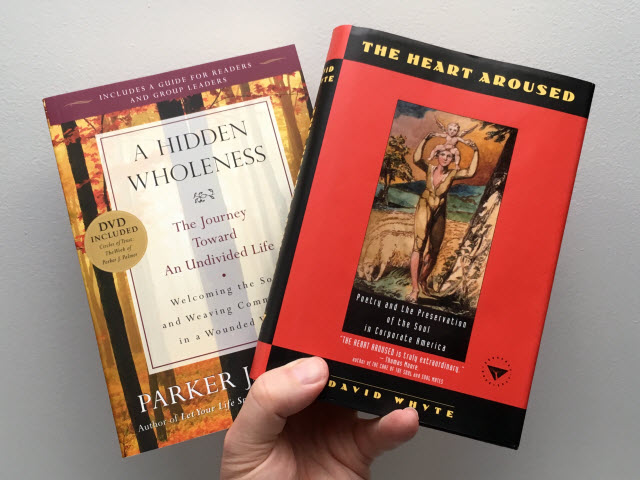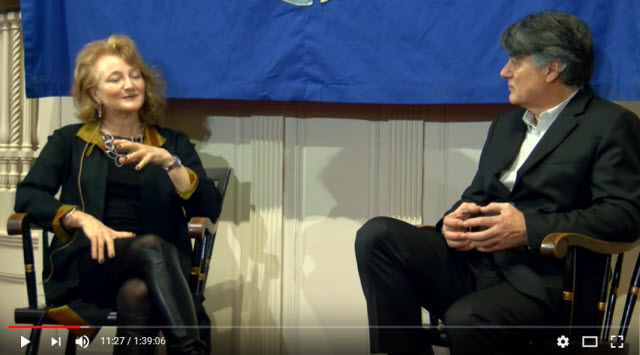This is a post in my series on organizing ”between and beyond.” Other posts are here. This is a retrospective of what has happened during the week. The purpose is to reflect on the work itself. Here is my previous retrospective. Here is my next retrospective.
What has happened? What needs to be done?
This week, I’ve read The Tree of Knowledge by Huberto R. Maturana and Francisco J. Varela. It’s a book on knowing how we know. When we examine how we get to know this world, we find that we cannot separate our history of actions from how the world appears to us.1 Knowing is the action of the knower, rooted in his/her living being.2

Organization signifies those relations that must be present for something to exist. Maturana and Varela call the organization that defines living beings an autopoietic organization.3 Living beings are alike in their organization, but they differ in their structure.4
One of the most evident features of living beings is their autonomy. A system is autonomous if it can specify its own laws, what is proper to it.5 The being and doing of living beings are inseparable, and this is their specific mode of organization.6 Adding anything to a structural dynamics is quite different from changing its organization.7
All behavior is an outside view of the dance of internal relations of the living being.8 To live is to know (living is effective action in existence as a living being).9 Organisms, and societies, belong to one class of metasystems, which consist of aggregates of autonomous unities. Organisms require operational stability of their autonomous unities, while social systems require operational (behavioral) plasticity.10 Reflection leads you to know your own knowledge.11
The Tree of Knowledge is an interesting book. My only reservation is that artificial systems have been found that are autopoietic but not living. This means that autopoietic organization is necessary, but not sufficient, for living beings.12 How does this affect Maturana and Varela’s conception of mind, matter, and life?

This, week I’ve also read David Whyte’s The Heart Aroused and Parker J. Palmer’s A Hidden Wholeness. These are two beautiful books about ways of working and living that are more resonant with life itself. Here is a review of David Whyte’s book which I wrote two years ago. I will review Parker J. Palmer’s book in the coming weeks.

Finally, here is a video with Krista Tippett and David Whyte on Becoming Wise. Krista Tippett says, among other things, that:
- “Beauty is that in the presence of which we feel more alive.”13
- “Wisdom emerges through the raw materials of our lives.”14
- “We actually get at what is universal as we more clearly and honestly articulate what is particular, what we know close up.”15
What was good? What can be improved?
Krista Tippet’s reflections on her writing of Becoming Wise are highly relevant to my own writing of this series of posts. I need to find and give expression to my own personal voice.
Notes:
1 Humberto R. Maturana and Francisco J. Varela, The Tree of Knowledge: The Biological Roots of Human Understanding (Shambala, Revised Edition 1998), p.23.
2 Ibid., p.34.
3 Ibid., p.42.
4 Ibid., p.47.
5 Ibid., p.48.
6 Ibid., p.49.
7 Ibid., p.58.
8 Ibid., p.166.
9 Ibid., p.174.
10 Ibid., p.198.
11 Ibid., p.249.
12 Fritjof Capra and Pier Luigi Luisi, The Systems View of Life: A Unifying Vision (Cambridge, 4th printing 2015), p.138.
13 WGBHForum, Krista Tippett and David Whyte on Becoming Wise (Apr 17, 2017), Retrieved Dec 17, 2017, from https://youtu.be/Nup6deehcck?t=230.
14 WGBHForum, Krista Tippett and David Whyte on Becoming Wise (Apr 17, 2017), Retrieved Dec 17, 2017, from https://youtu.be/Nup6deehcck?t=418.
15 WGBHForum, Krista Tippett and David Whyte on Becoming Wise (Apr 17, 2017), Retrieved Dec 17, 2017, from https://youtu.be/Nup6deehcck?t=687.
Related posts:
Organizing in between and beyond posts
Leave a Reply
You must be logged in to post a comment.